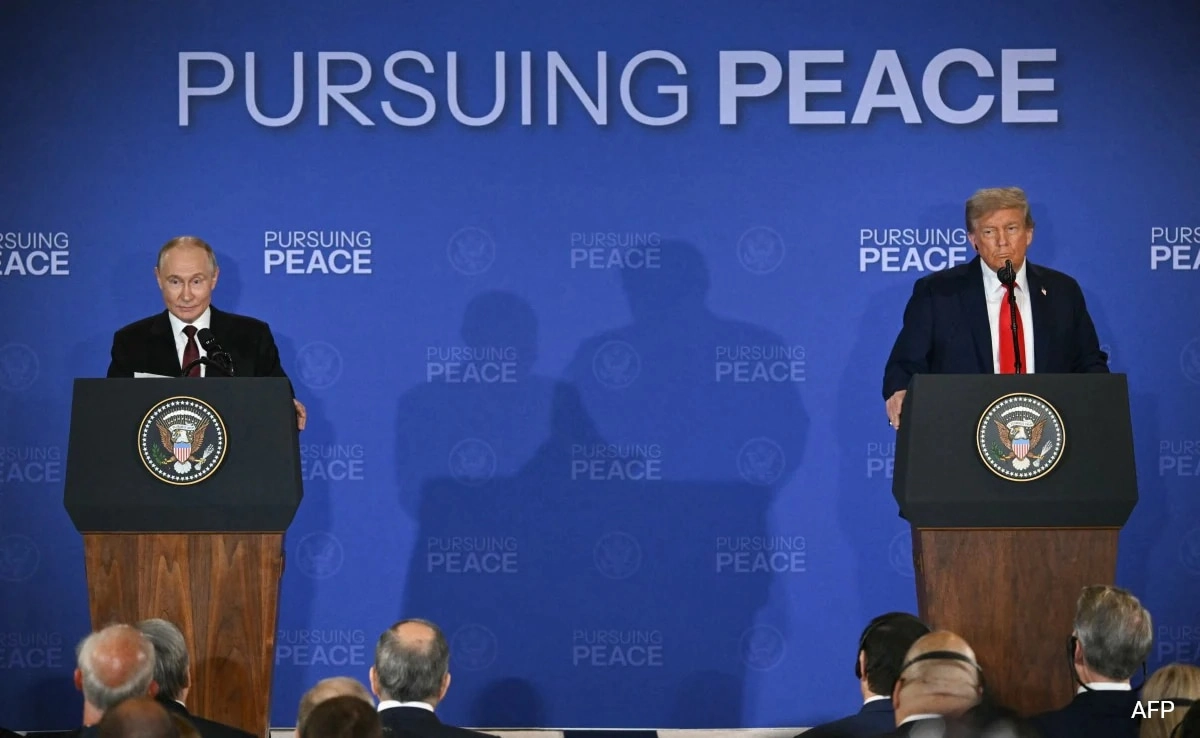In a surprising turn of events following the conclusion of the Alaska summit, Russian President Vladimir Putin extended an invitation to former U.S. President Donald Trump to visit Moscow. This offer came as both leaders navigated complex geopolitical landscapes, emphasizing the longstanding relationship between the two figures. The summit, which aimed to address various concerns including climate change, security, and trade relations, concluded with a mix of optimism and skepticism. Putin’s invitation reflects not only his strategic approach to international diplomacy but also highlights the unique bond he shares with Trump, who has often expressed admiration for the Russian leader.
The backdrop of this invitation is significant, as it arises during a period of heightened tensions between the United States and Russia, marked by issues such as cyberattacks, election interference, and military confrontations. Putin’s offer can be interpreted as an attempt to strengthen ties with a former U.S. president who has shown a willingness to engage with Russia on various fronts. The prospect of Trump visiting Moscow could ignite discussions on numerous topics, ranging from nuclear arms control to economic partnerships, offering a platform for dialogue that has been largely absent in recent years.
Moreover, the invitation underscores the contrasting approaches of current and former U.S. administrations towards Russia. While President Joe Biden has taken a more confrontational stance, emphasizing the need to hold Russia accountable for its actions, Trump’s administration was characterized by a more conciliatory approach. This divergence in policy could influence the dynamics of U.S.-Russia relations moving forward, particularly if Trump were to pursue another presidential bid in 2024. The potential for renewed dialogue between the two leaders could reshape the geopolitical landscape, especially if it leads to a more collaborative effort in addressing global challenges.
As the political climate evolves, the implications of Putin’s invitation will likely resonate beyond the immediate context of the Alaska summit. It raises questions about the future of U.S.-Russia relations and the role that individual leaders play in shaping international diplomacy. With both nations facing internal and external pressures, the possibility of a Trump visit to Moscow could spark renewed discussions and negotiations, ultimately impacting global stability and security. The coming months will be crucial in determining whether this invitation will translate into meaningful dialogue or remain a symbolic gesture in a complex geopolitical chess game.




